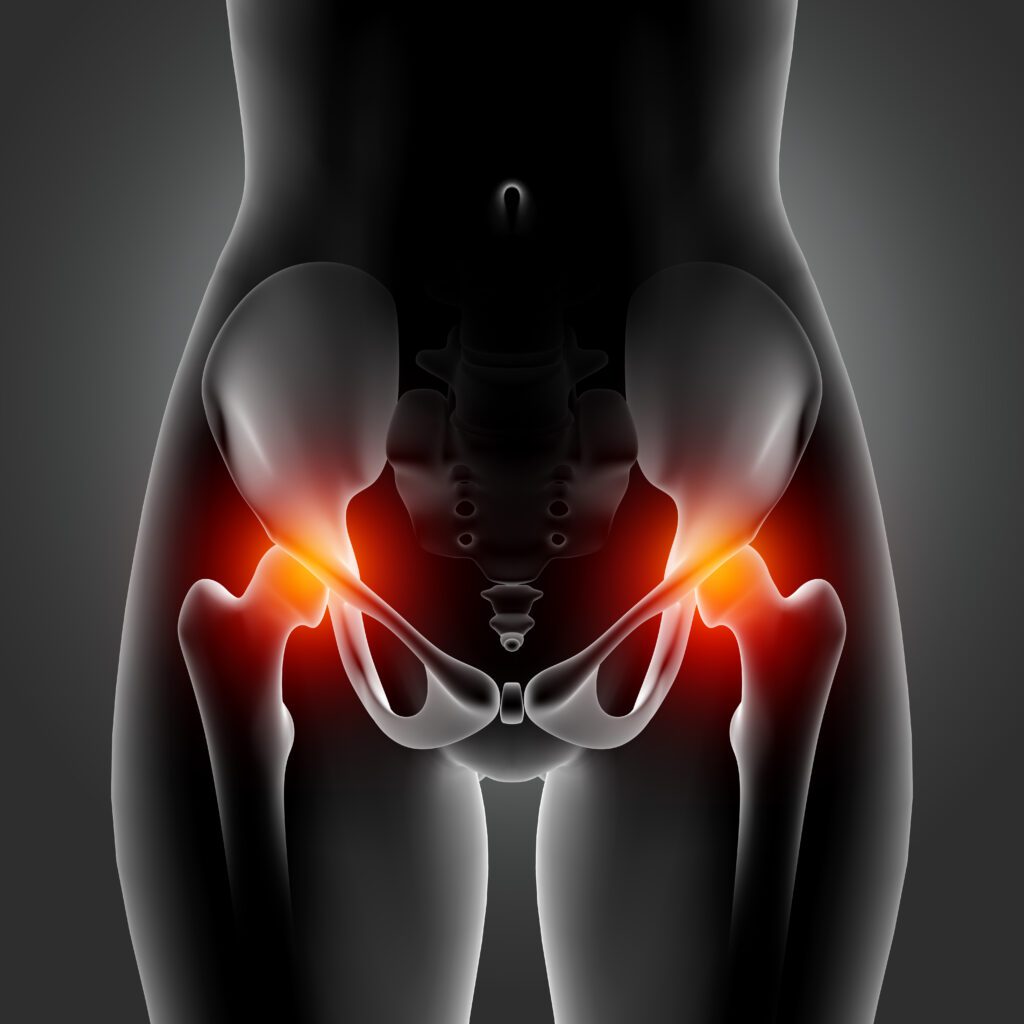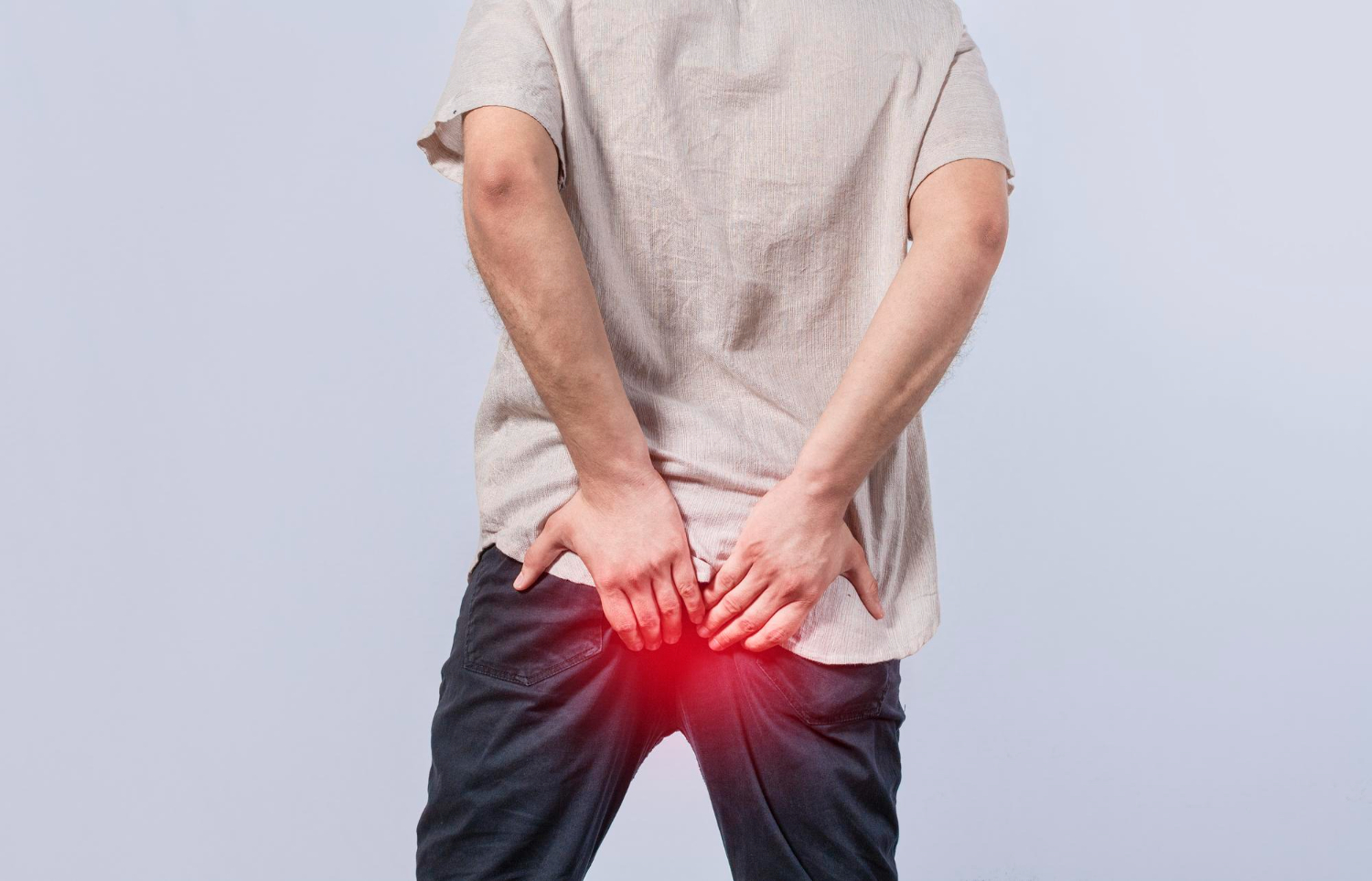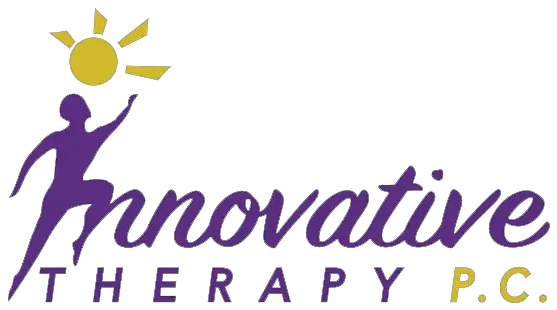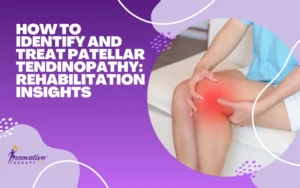Hip pain is a complex and often debilitating issue that can profoundly affect daily life.
This hip pain guide, presented by Innovative Therapy PC, delves deep into the intricacies of hip pain, offering comprehensive insights and actionable advice.
From understanding the underlying causes to exploring various treatment options, our mission is to support your journey toward relief.
Causes and Symptoms of Hip Pain

Arthritis
Arthritis is a group of conditions characterized by joint inflammation, one of the most prevalent causes of hip pain.
The two main types affecting the hips include:
- Osteoarthritis: A degenerative condition that wears away the cartilage in the hip joint, leading to pain, stiffness, and decreased mobility.
- Rheumatoid Arthritis: An autoimmune disorder that targets the lining of the joints, causing painful swelling and potential joint deformity.
These conditions require careful management, often involving medications, physical therapy, and sometimes surgery.
Bursitis
Bursitis is the inflammation of the bursae; tiny fluid-filled sacs cushion the muscles and tendons around the hip joint.
This condition can cause sharp or aching pain, particularly during movement. It can result from repetitive motions, prolonged pressure on the hip, or underlying health conditions.
Tendonitis
Tendons are tough bands connecting muscles to bones. Tendonitis in the hip occurs when these tendons become inflamed, often due to overuse or strain.
This condition can cause a nagging pain that worsens with activity.
Hip Dysplasia
Hip dysplasia is a developmental disorder where the hip socket doesn’t adequately cover the ball of the upper thighbone.
This misalignment can lead to a range of hip pain symptoms over time. Treatment can vary from conservative management to surgery, depending on the severity.
Injury
Injuries to the hip, including fractures, strains, or dislocations, can result in immediate and severe pain.
Hip fractures, occurring 3-5 times in various scenarios, require urgent medical attention. Early intervention is critical to recovery, involving potential surgery and extensive rehabilitation.
Less Common Causes
Snapping Hip Syndrome
This syndrome, often called “snapping hip,” creates a snapping sensation or popping sound during specific movements. Although usually harmless, it can lead to tendon or muscle damage over time if left untreated.
Osteonecrosis
Osteonecrosis is a severe condition where reduced blood flow leads to bone death. This condition can affect the hip bone, causing unbearable pain and requiring immediate treatment, usually requiring surgery.
Hip Pain Treatments

At Innovative Therapy PC, we recognize that no two cases of hip pain are the same. Therefore, a tailored approach is essential.
Here’s a closer look at various treatment strategies:
Ice and Heat
Applying ice or heat can relieve pain and reduce inflammation.
Ice is generally used for acute injuries, while heat can relax and loosen tissues, aiding healing.
Stretching and Low-Impact Exercises
Exercise and stretching can strengthen muscles around the hip joint, improving function and reducing pain. Customized programs tailored to individual needs often yield the best results.
Physical Therapy
Physical therapy is a cornerstone of hip pain treatment.
Our team at Innovative Therapy PC can develop specialized treatment plans, incorporating exercises, massage, ultrasound therapy, and other techniques to enhance recovery.
Over-the-Counter Medication
Simple yet effective, over-the-counter pain relievers can reduce inflammation and ease mild to moderate pain. Always consult with healthcare professionals to ensure the appropriate use.
Cortisone Injections
Cortisone injections into the hip joint may temporarily relieve persistent pain. This medically reviewed procedure can reduce inflammation and allow other therapies to take effect.
When You Should See a Doctor?

Recognising when to seek professional medical assistance is vital for effectively managing hip pain. Here are scenarios that warrant immediate attention:
Intense, Sudden Pain After an Injury
Whether from a fall, accident, or sudden movement, intense and sudden hip pain can signal a severe injury, such as a hip fracture.
Immediate medical care is essential to prevent further complications.
Chronic Pain
Chronic hip pain can gradually erode your quality of life.
If pain persists despite home remedies and rest, it’s time to consult a healthcare provider.
Swelling
Swelling in the hip area, especially if accompanied by warmth, redness, or fever, could be signs of an infection or inflammatory condition.
Prompt diagnosis and treatment are crucial.
Signs of Infection
Fever, chills, and localised warmth or redness around the hip joint may indicate an infection that requires urgent medical care.
Difficulty Moving
If hip pain limits mobility or causes significant stiffness, a professional evaluation is necessary to understand the underlying cause and provide appropriate treatment.
How is Hip Pain Diagnosed?
Diagnosis of hip pain at Innovative Therapy PC involves a comprehensive approach, including:
- Medical History: Understanding your medical history, lifestyle, and onset of symptoms helps pinpoint the underlying causes.
- Physical Examination: A hands-on examination assesses the range of motion, strength, and pain points in the hip area.
- Imaging Studies: X-rays, MRIs, or CT scans can reveal structural issues like hip fractures or arthritis.
- Blood Tests: These may identify signs of infection or inflammation.
Our medically reviewed procedures ensure accurate diagnosis, paving the way for personalised treatment plans.
Also Read Other Guides:
- Complete Sciatica Pain Guide – Symptoms, Causes, Diagnosis, Tests, and Essential Treatments
- Master Your Relief: Inner Thigh Pain Guide to Causes, Prevention, Diagnosis, and Treatment
- Ultimate SI Joint Pain Guide: Discover Causes, Symptoms, Prevention, Diagnosis, and Proven Treatment Solutions
FAQs About Hip Pain Guide
How do I know what my hip pain is?
Diagnosing hip pain requires a combination of medical history, physical examination, and diagnostic tests. Consultation with healthcare professionals like Innovative Therapy PC is essential to understand the specific cause.
What is the fastest way to relieve hip pain?
Quick relief often comes from over-the-counter medications, ice, or heat application. However, these are temporary solutions, and underlying issues should be addressed professionally.
What is the most common reason for hip pain?
Arthritis, particularly osteoarthritis, is one of the most common causes of hip pain in adults. It leads to gradual wear and tear of the joint, causing chronic pain and stiffness.
What are the red flags of hip pain?
Red flags include sudden, intense pain, signs of infection, inability to move the hip, or persistent, unexplained pain. These require immediate medical attention.
What you really need to Know?
Hip pain is multifaceted, requiring careful understanding, diagnosis, and treatment. At Innovative Therapy PC, we’re committed to providing top-tier care and guidance for all hip-related concerns.
From common conditions like arthritis and bursitis to specialised treatments like hip replacement rehabilitation, our expert team is here for you. Contact us at (214) 225-8530 or email mary@innovativetherapypc.com to schedule an appointment or consultation.
Your journey to a pain-free life starts with us.





